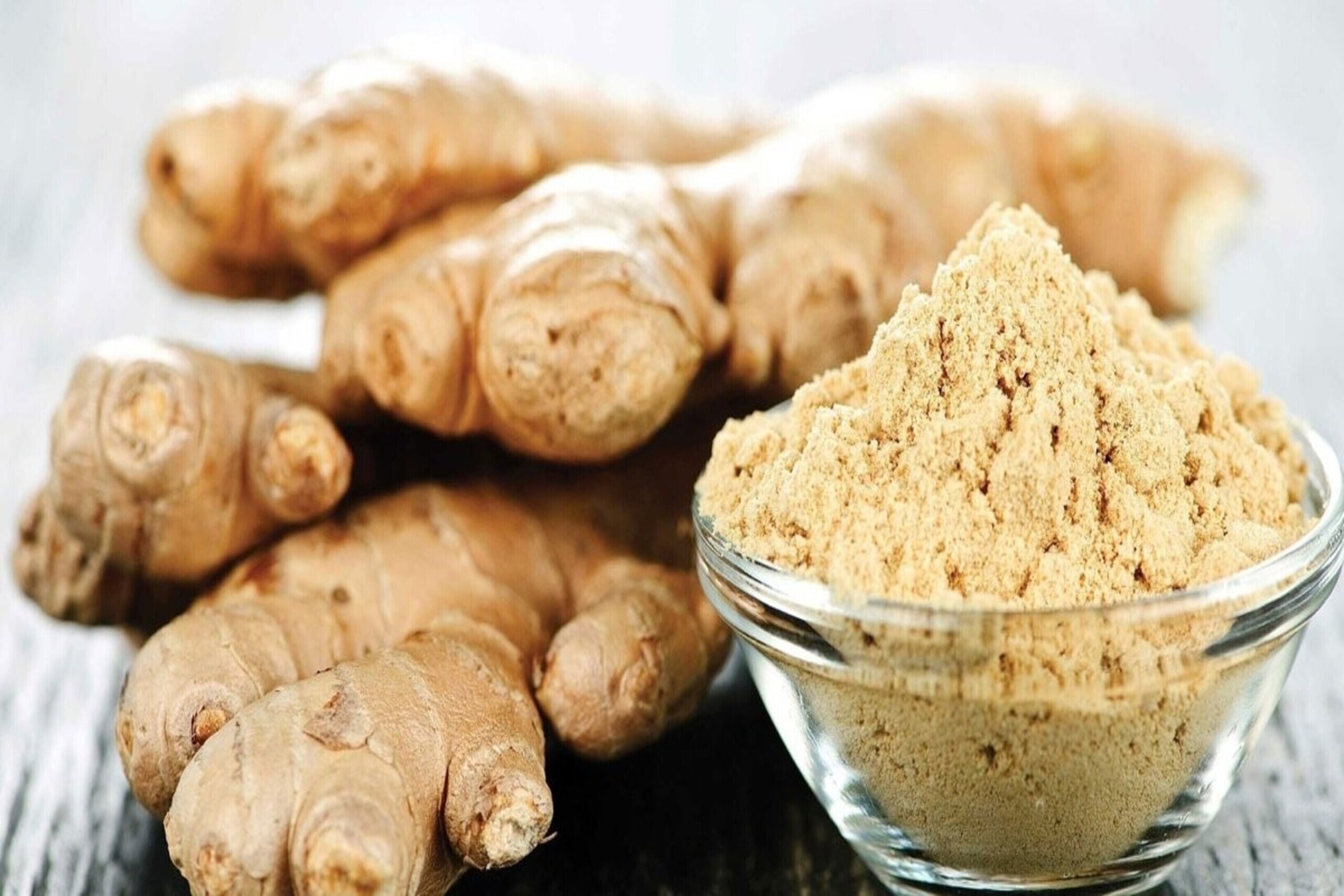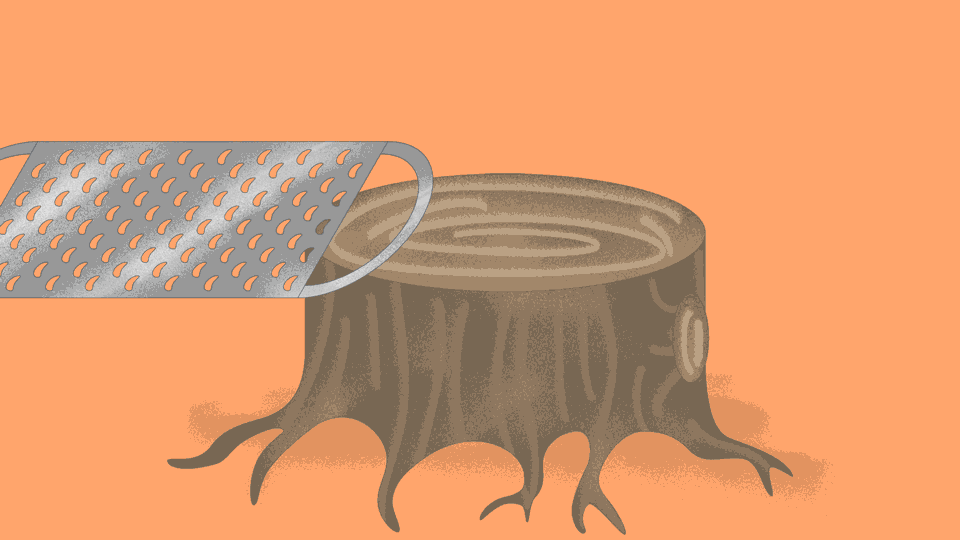Old News

Will ground ginger be the next adulteration scandal?
China which exports around half the global supply of ginger has suffered from a poor harvest this year which has been compounded by labour shortages due to the Covid pandemic. This has led to a dramatic rise in the price of ginger and subsequent shortages throughout the supply chain. Although there are no reports as yet of adulteration of powdered ginger such shortages and increased demand have historically been a driver for food fraud. A scientific paper dating from 1973 indicated that at that time powdered ginger was subject to extensive adulteration. Among the adulterants were said to be capsicum and grains of paradise (Aframomum melegueta a species in the ginger family and closely related to cardamom) both of which were added to give increased pungency and to restore colour. In powdered ginger, most of the vegetable adulterants at that time were detected by simple microscopic examination, although nowadays PCR would be the analytical tool of choice. Watch this space to see if ground ginger will be the next adulteration scandal?

Olive leaf tea-time
The health benefits of consuming olives and olive oil as part of the so-called ‘#Mediterranean diet’ are well established. However, the olive tree does not restrict its production of bioactive substances only to its fruit, and its leaves are also a rich source of polyphenolic compounds such as flavonoids. These bioactive compounds can be extracted from waste olive leaves and then used as additives in encapsulated or complexed forms for controlling and increasing the oxidative stability of vegetable oils and other foods. Alternatively dried olive leaves can be directly used as an olive leaf tea infusion. Clinical studies have been conducted to investigate whether olive leaf tea is comparable to green tea in its beneficial effects on red blood cells and hemoglobin levels. Olive leaves are also rich in oleuropein, which has been shown to have beneficial effects on dyslipidemia, type 2 diabetes, and obesity. The overwhelming message is the need to investigate the potential of waste products such as olive leaves which may offer both significant health benefits to consumers and potential economic benefits to agricultural industry.
#FoodLife #foodsafety #olivetree #leaf #olive #tea #diabetes
Fantastic journey from ‘Grape to wine glass’
As I savour the taste of delicious glass of #Rioja, it is hard to believe the complexity of the journey from the grape vine in #Spain to the wine in my glass. I can almost taste the skill, experience and love that has gone into producing such a wonderful beverage. What is also forgotten is how much chemistry was involved in #harvesting at optimum time, controlling the pressing of grapes, optimising fermentation, maturing in oak barrels before bottling and ensuring the wine reaches me in ‘tip-top’ condition. From providing simple chemical tests for the vintner, developing novel techniques for fining wine to ensuring freedom of taint from cork stoppers, the application of chemistry has always played a critical role in wine production. Analysis of wine volatiles by GC-MS provides insights into the complexity of wine flavour and analysis by # #travel NMR looking at an isotopic fingerprint can tell whether a wine has illegally had sugar added before fermentation. The wonder of food chemistry is being able to apply science to something so pleasurable as wine. #Science comes to the dinner table.
#FoodLife #foodsafety #harvestingtime #grape #wine #chemistry


Have some wood with your Parmesan cheese
Although innovative ways of perpetrating economic fraud are rarely new, media interest brings these stories to the fore and they then become the latest news. This is the case with economic adulteration of cheese with cellulose which was first detected by the US FDA in 2012, but in Feb 2016 received significant media attention in the USA.
http://www.bloomberg.com/news/articles/2016-02-16/the-parmesan-cheese-you-sprinkle-on-your-penne-could-be-wood
Several supermarket samples of grated Parmesan cheese was found by Bloomberg news to contain from 4-8% cellulose a common anti-clumping agent made from wood pulp. One company now out of business was reported to be marketing a mixture of imitation cheese and trimmings of Swiss, white cheddar, Havarti and mozzarella as grated Parmesan cheese. Nearly all sectors of the food chain are vulnerable to adulteration and regulators are forever having to be more skilful in detecting this economic fraud which damages the competitiveness of the honest food producer.
